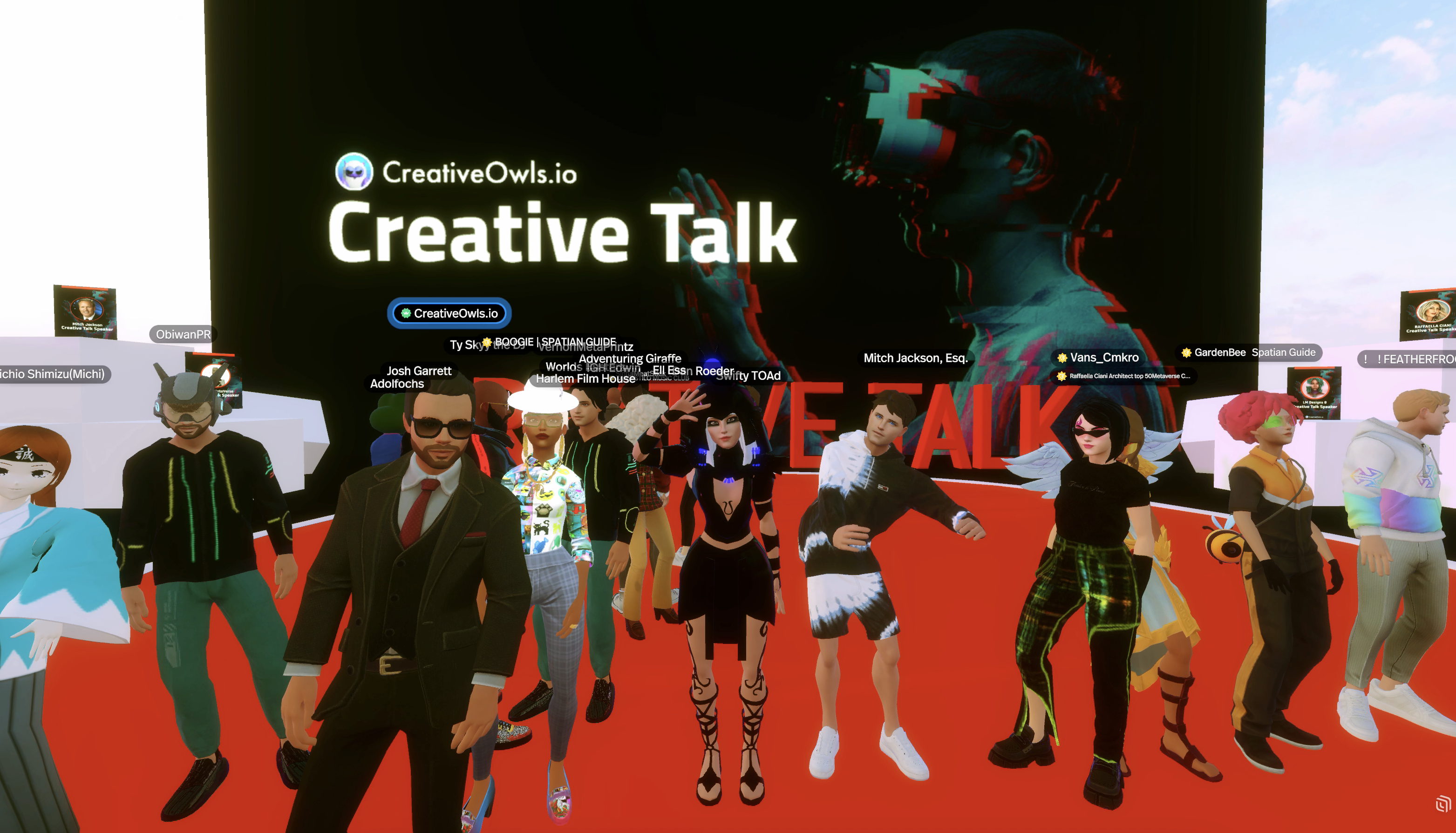The metaverse is reshaping education, ushering in a new era of immersive and interactive learning experiences. Here’s a breakdown of its impact and potential applications:
Immersive Learning Experience: In the metaverse, students dive into three-dimensional virtual worlds, enabling them to actively engage with course materials and simulations. This immersive approach enhances retention and understanding.
Interactive Experiences: Unlike traditional learning methods, the metaverse encourages active participation. Students interact with virtual environments, fostering a deeper understanding of concepts through hands-on experience.
Simulations and Practice: Through realistic simulations, learners can practice skills and tackle real-world challenges in a safe virtual space. This approach is particularly valuable for fields like healthcare and engineering, where hands-on experience is crucial.
Global Collaboration: By transcending geographical boundaries, the metaverse facilitates global collaboration among students. Cultural exchange and diverse perspectives enrich the learning process, preparing students for an interconnected world.
Universal Access: The metaverse democratizes education by eliminating geographic barriers. Anyone with internet access can partake in virtual learning experiences, paving the way for inclusive and accessible education.
Applications Across Education: From higher education to professional training and K-12 schooling, the metaverse finds applications across various educational settings. Institutions are leveraging its potential to deliver engaging online courses and enhance traditional teaching methods.
Challenges and Considerations: Despite its promise, education in the metaverse presents challenges. Issues such as technology access, security, privacy, regulation, and teacher training must be addressed to ensure equitable and safe learning environments.
The Future of Virtual Learning: As technology continues to evolve, the future of virtual learning looks promising. With ongoing advancements and investments, the metaverse holds the potential to revolutionize education, offering unparalleled opportunities for personalized and experiential learning.
In conclusion, the metaverse is reshaping education, offering immersive, interactive, and accessible learning experiences. While challenges persist, the potential for transformative impact is undeniable. As we navigate this evolving landscape, embracing innovation and addressing concerns will be key to unlocking the full potential of virtual learning.

